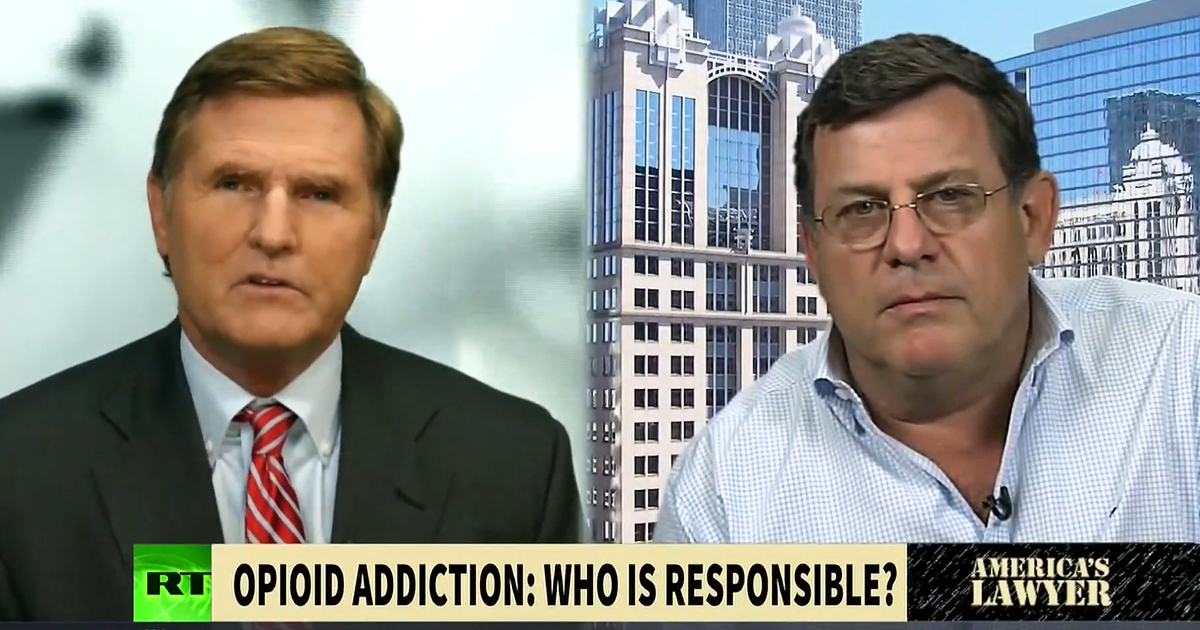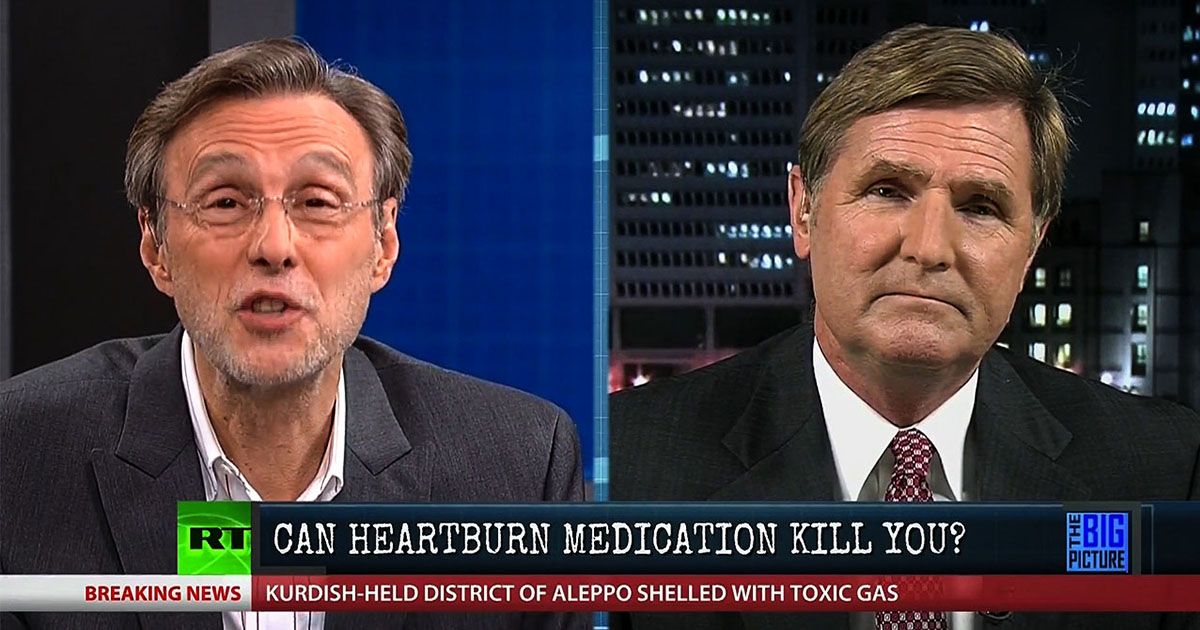One of the best things about our current free and open Internet (and what has been scaring the hell out of the corporate interests that are desperately trying to control and restrict it) is that it’s increasingly difficult for the Powers That Be to keep their dirty little secrets. It has been a real gift to government and corporate whistle blowers.
First it was Wendell Potter, formerly vice president of corporate communications for health insurance giant CIGNA. After seeing first-hand the disgrace of American health care at a free clinic in an impoverished rural Virginia community – at the same time CIGNA’s corporate jets featured solid gold bathroom fixtures – he turned on the industry by which he was employed. Today, as a senior analyst at the Center for Public Integrity and a regular contributor to Huffington Post, Potter is among the U.S. health care “system’s” fiercest critics and greatest advocate for single payer.
Recently, an ex-sales representative for several Big Pharma players has also come out against her own former handlers. Gwen Olsen, author of Confessions of an Rx Drug Pusher, is confirming what many people have suspected for a long time – telling the world that “there is no such thing as a safe drug.” She admits that she and other sales reps were “…being trained to misinform people.” Ms. Olson points out that by the time new drugs are approved and reach pharmacy shelves, “ we don’t know even fifty percent of the side effects involved with that drug.” Her conclusions are borne out by evidence coming to light in many product liability cases involving prescription drugs.
One of the most disturbing aspects of this issue is that pharmaceutical companies know damned good and well that their products are dangerous – and possibly fatal. Tragically, most clinical studies are inadequate. A classic example is the diabetic drug Invokana (canagloflozin). Clinical trials for the drug itself ran for only six months (though studies conparing Invokana to its competition went on for a year). Later, serious problems began to surface in patients who had been on the medication for a year or more.
Another example is the blood pressure medication Benicar (olmesartan), which underwent clinical trials for a mere twelve weeks. It was not until ten years later that it was linked to a life-threatening lower gastro-intestinal disorder in patients who had taken it for a year or more.
While Ms. Olsen’s conclusions are applicable to most Big Pharma products, her particular focus is psychoactive drugs, which are being overprescribed at a terrifying rate. Her own revelations started as the result of a personal tragedy involving her niece, a former pre-med student at Indiana University. After being involved in an automobile accident, doctors prescribed the highly addictive pain medication vicodin. She later discovered that the vicodin was interfering with her concentration; she began taking the stimulant ephedra (an ingredient used in over-the-counter asthma medications such as Primatene when they were available). The two drugs caused an interaction that required emergency treatment. The hospital failed to test her blood for drug interactions; instead, she was diagnosed with “bipolar disorder.” In the wake of this “diagnosis,” she was prescribed a serious of psychotropic medications. Her attempts to withdraw from the medications led to severe, debilitating depression – and ultimately, suicide.
Frighteningly, although psychiatrists are MDs and legally able to write prescriptions, unlike other physicians, they are not required to do blood tests or physical examinations of a patient for pathogens, toxins or other physiologic disorders. “There’s no scientific data that’s required for a psychiatrist to diagnose a mental illness,” Ms. Olson explains. According to a recent edition of CBS News on which Ms. Olson was interviewed, prescriptions for psychoactive drugs have risen 500% over the past ten years. Ms. Olson says that such drugs “clamp down on the central nervous system…they’re sort of like a ‘chemical straitjacket.’” She adds, “A large number of psychiatrists are dishonest…I see them giving people drugs that they know are brain damaging therapeutics…[they] do not have positive long-term outcomes [and] will not cure anything.” According to Ms. Olson, psychiatrists simply refer to a list of “disorders,” matching them to apparent symptoms. Psychiatric associations then vote on these disorders, label them as “mental illnesses” – and voilá! Another new market for Big Pharma is created. Virtually anyone can be diagnosed with a “mental illness” for almost any reason. “It’s an extremely lucrative alliance,” says Ms. Olson.
As long as Big Money dominates Big Pharma and the medical industry, we can expect more of the same. Gratefully, it has no power over courageous, outspoken people like Gwen Olson and Wendell Potter.




